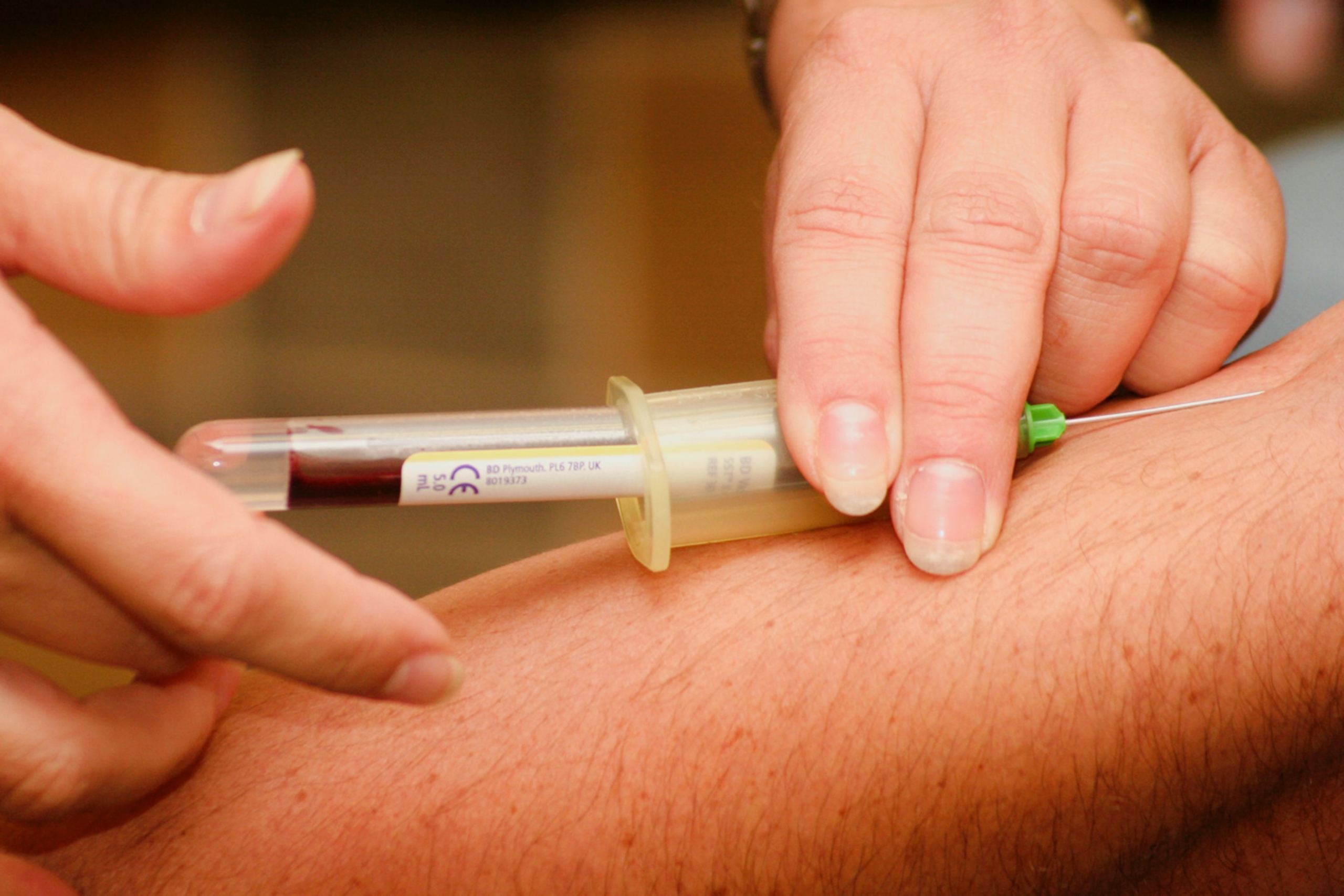Now Reading: How to Prove that Medical Malpractice Occurred
-
01
How to Prove that Medical Malpractice Occurred

How to Prove that Medical Malpractice Occurred
When you’ve been feeling unwell or suffering from an illness, you pay a visit to a doctor or hospital and expect to receive a diagnosis and treatment to make you feel better. While many people have this success, not everyone does. Some people find themselves not receiving the care they expected and ultimately feeling worse for the experience.
If you have found yourself in this situation, you may be able to make a medical malpractice claim. However, you may need to prove the following information first:
You Had a Doctor-Patient Relationship
After making an appointment for a free case review with a Miami medical malpractice attorney, you will likely need to explain your version of events so your chosen lawyer can plan what to do next.
During this discussion, they may discuss the basic requirements for medical malpractice claims, one of which is whether you had a doctor-patient relationship. To file a claim, part of the medical law dictates that the doctor must be seeing and treating you when the claimed malpractice occurred.
Fortunately, this can be easy enough to prove through viewing clinician files and appointment records.
Your Doctor Was Negligent
Proving a doctor was negligent can be complicated. The defense often states that you were simply unhappy with the treatment and results rather than the doctor actually being negligent.
You must prove that the doctor’s actions, diagnosis, or treatment caused you harm in some way and that another doctor in the same position wouldn’t have.
A simple example of this might be if a doctor used a knife from the staff kitchen to perform a surgical cut rather than a surgeon’s scalpel, and the wound became infected. Another medical professional in the same position wouldn’t have acted in the same way.
Often, medical experts are brought into the case to discuss the medical standard of care and whether the doctor followed it.
You Were Injured Due to a Doctor’s Negligence
When you visit a medical clinic or hospital for an illness or injury and subsequently file a medical malpractice claim, you must prove that it wasn’t your injury or illness that caused your harm but, instead, the doctor.
This is not always straightforward, particularly in cases involving cancer and other life-threatening conditions where the outcome may have been the same. However, if, for example, you visited a hospital for a broken arm and a doctor dropped something on your foot and broke it, this might be the doctor’s negligence.
Your Injury Led to Damages
You can only bring forward a medical malpractice claim if the doctor’s actions caused you harm. They may not have always performed to the expected industry standards, but patients can’t sue if they weren’t hurt.
However, if a doctor’s actions did cause you harm, you may be able to sue for pain, mental anguish, medical bills, lost work and lost earning capacity. Your lawyer may also be able to fight for your right to special damages and punitive damages if the case is severe enough to call for it.
As daunting as it can be to contact a medical malpractice attorney, it can be necessary to cover any costs associated with a medical professional’s negligence. Once you can prove these points above, you may be able to receive compensation for the harm they caused you.










